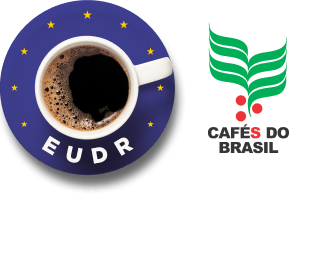What you need to know to meet the new regulation and keep your trading operations with the European Union.

Passed in June, 2023 by the 27 member countries of the European Union, the European bloc’s new regulation will make the placing of cargo conditional, as of 2024-12-30, on proof that due diligence has been carried out to ensure that the coffee was not produced in a deforested area, dated after 2020-12-31, and that its production was carried out in accordance with the applicable legislation of the producing country.
In order to simplify access to information on coffee productive areas in Brazil, through direct and continuous monitoring and official public data published by the government, Cecafé established a partnership with Serasa Experian, the first and major Datatech of the country, with the goal of checking and monitoring socio environmental aspects of rural properties, constituted by means of the protocol of the EUDR created on the Smart ESG platform.
The exporters associated with Cecafé who subscribe to the services of this platform will then be able to monitor rural properties and check whether they are in conformity with the requirements of the EUDR.

Smart ESG is an advanced platform which uses remote sensing to analyze and monitor socio environmental indicators in Brazilian rural properties.
With those updated data, the associated exporter subscribed to the platform can, in any given moment, access and verify socioenvironmental information related to the origin of the coffee, in conformity to the LGPD (General Data Protection Law).
Access to Geolocation with the rural property polygon and information on productive and preserved areas
Conformity with national rules of environmentalm preservation, such as the CAR (Rural Environmental Registry
Socioenvironmental pendencies, fines and processes
Property condition regarding requirements of the European Union Deforestation-Free Products Regulation (EUDR)
Possibility of receiving e-mail alerts about changes in socio-environmental criteria monitored on rural properties
Continuous socio-environmental monitoring, based on official public databases
Only Brazilian exporters who are associated with Cecafé and subscribed to the Smart ESG platform of Serasa Experian can use it. Thus, they will be able to deliver to European buyers information regarding geolocation of the green coffee bean produced.
Cecafé (Brazilian Coffee Exporters Council) is the main representative of Brazilian coffee exporters, being responsible for more than 96% of green coffee beans exports from the country. Its commitment is to defend and promote the interests of coffee exporters in a transparent and professional manner.

© Cecafé 2024. All rights reserved